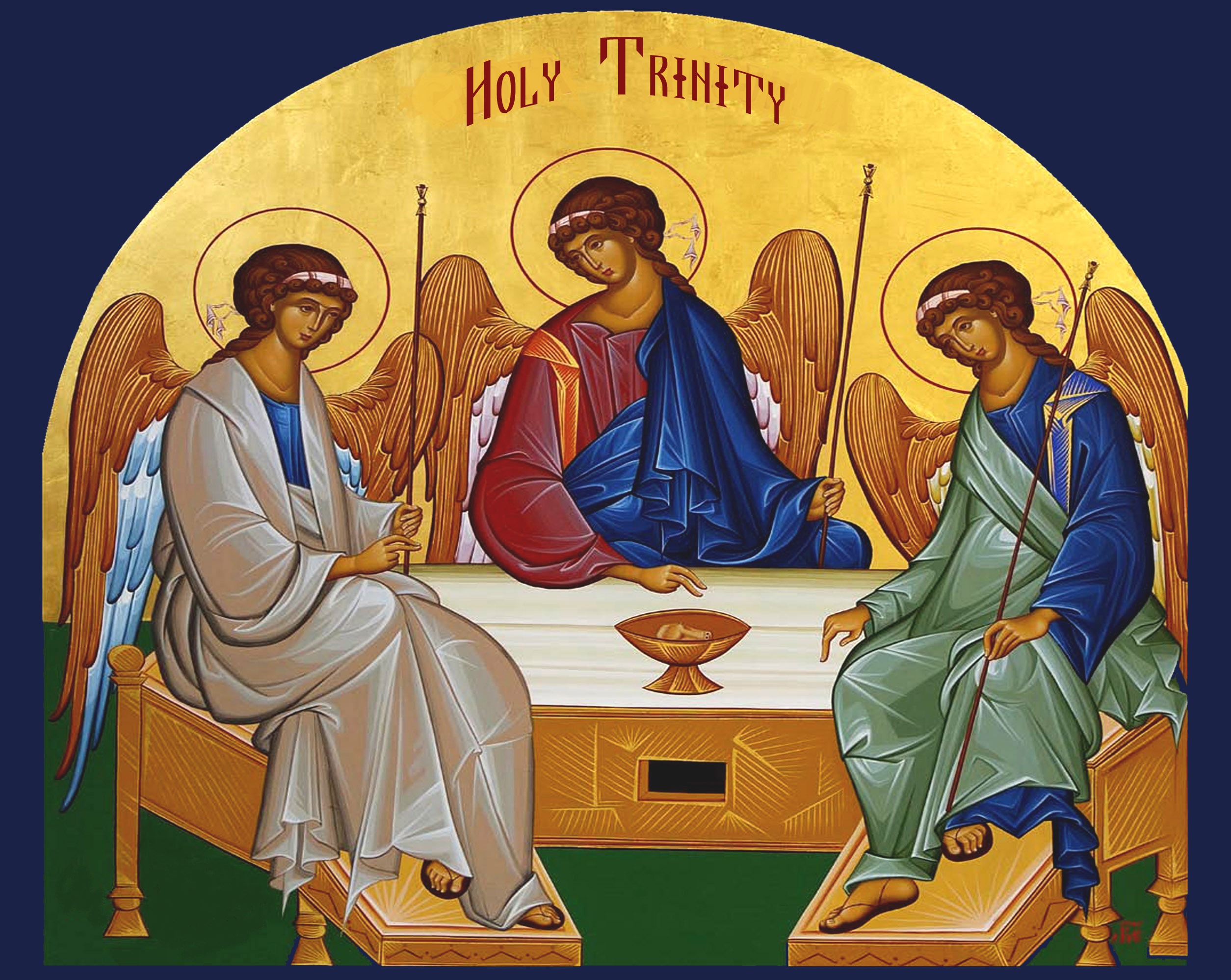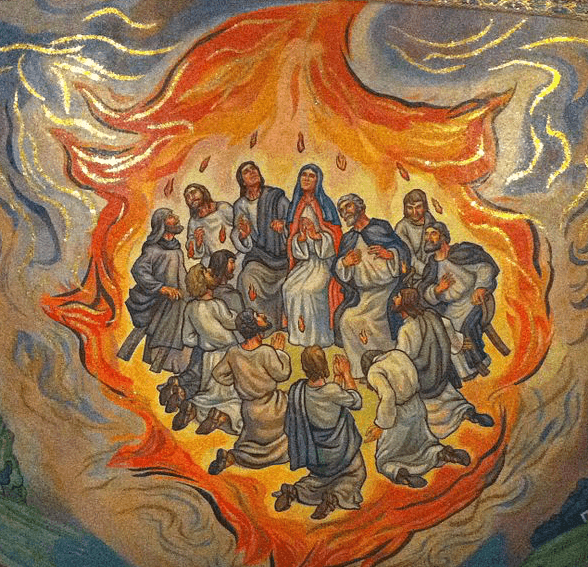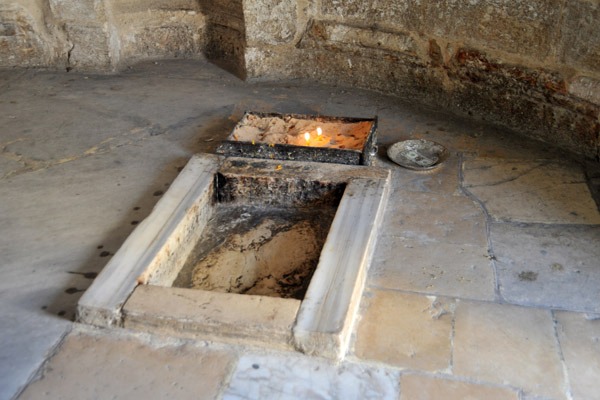This homily based on John 3:16-18 for the Solemnity of the Holy Trinity was delivered at St. Agnes Church.
St. Anselm of Canterbury came up with a concept that is as much a tongue-twister as it is a brain-twister. He described God as “that than which nothing greater can be conceived.”
Think about that for a minute. It means that there is absolutely nothing that we can imagine that can be greater than God.

Mystics–those blessed people among us who have been blessed with such an intense prayer life that they have acquired an intimate knowledge of God–have reached a consensus about the mystery of God: The closer they approach God, they sense, more than ever, their own sinfulness. More than that, the more they get to know God, the more they realize they know so little about Him. This is what St. Anselm means with his tongue/brain-twister. God is simply so holy and so great that His ways are just way beyond us, and He Himself is just way beyond our conception.



